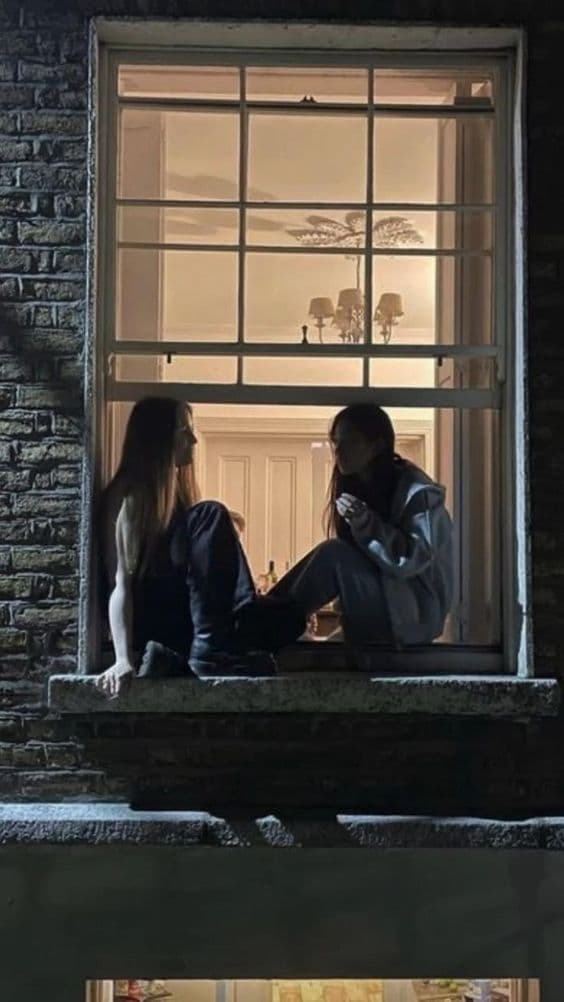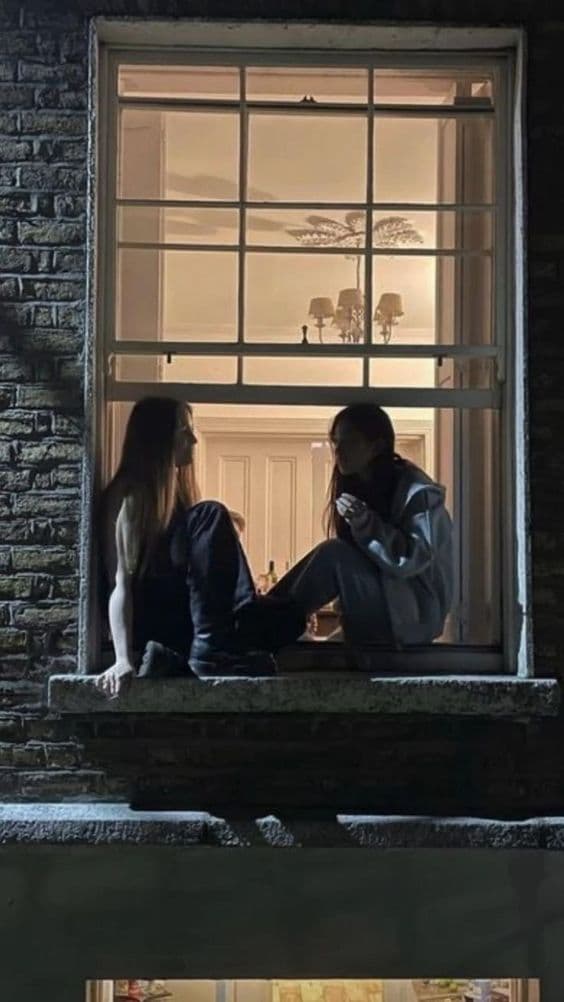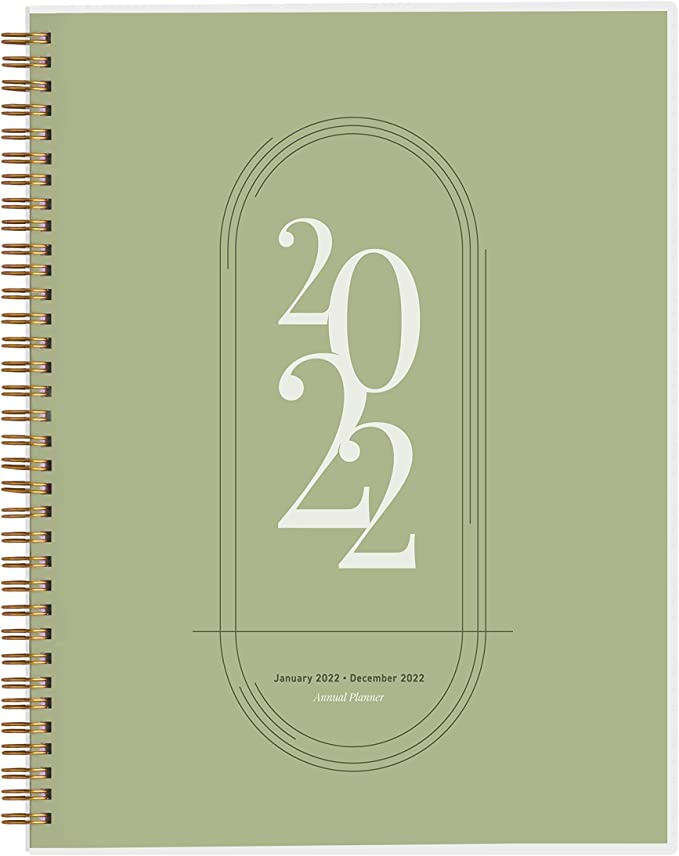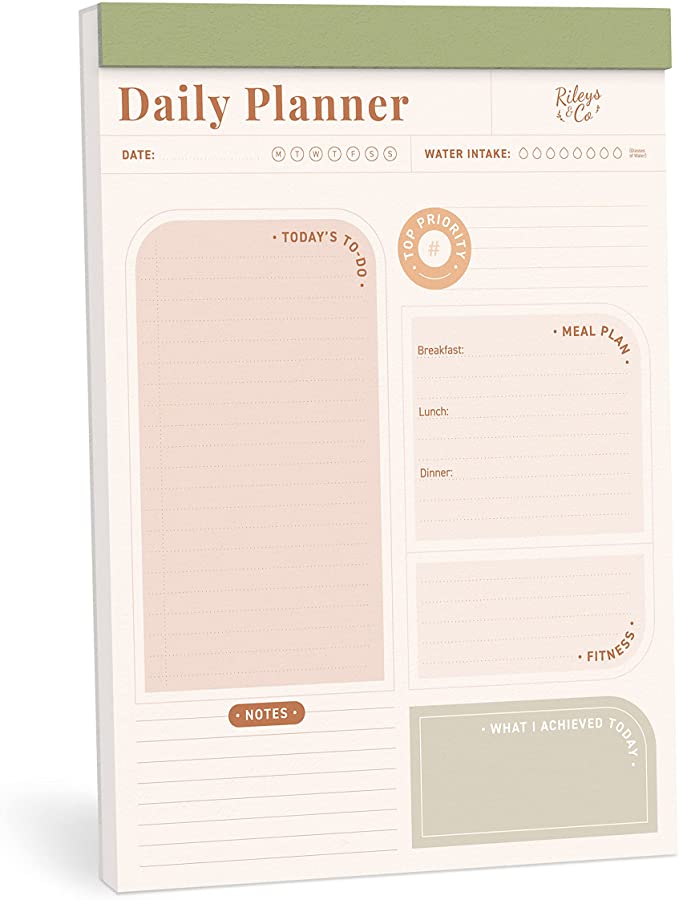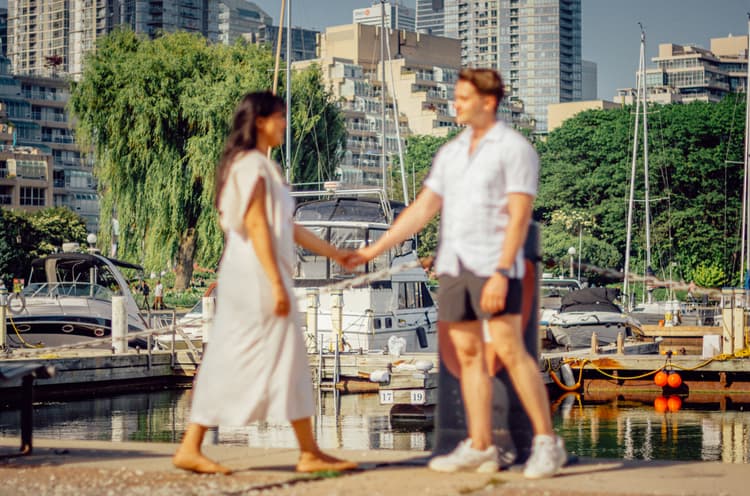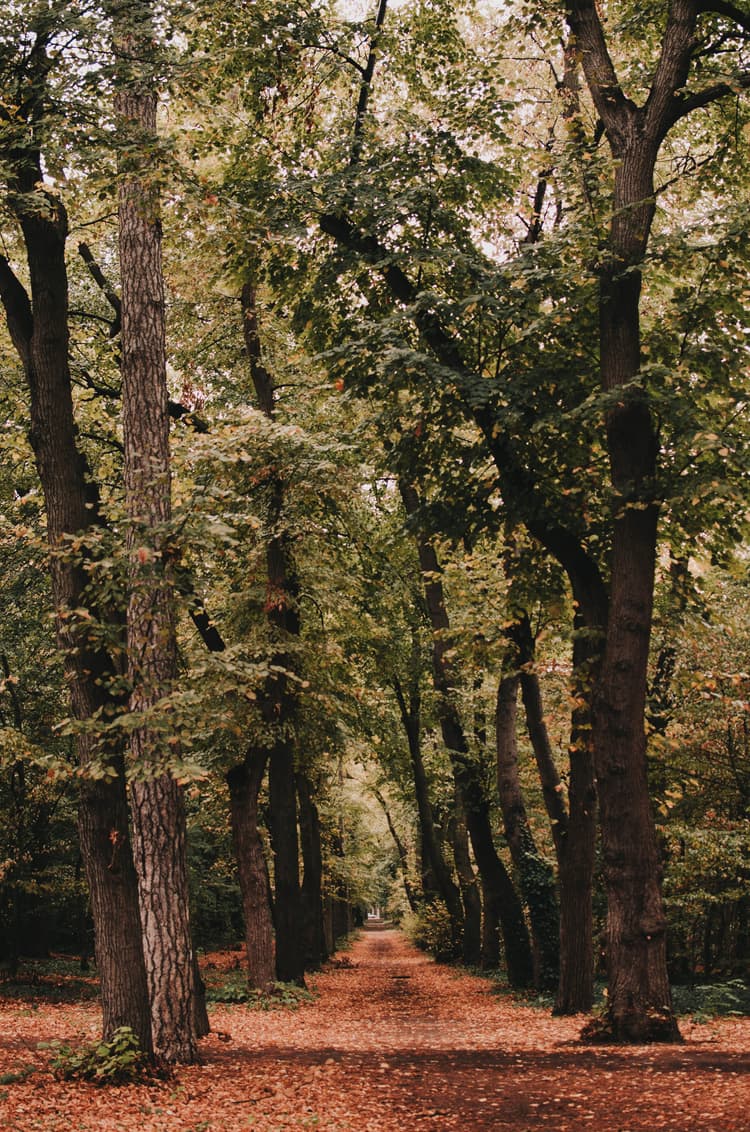Loneliness and the struggle to find real friendships is a real problem for almost everyone. Here's what's helped me.
Making friends can seem daunting at any age, I feel like in adulthood I have heard so many of my friends tell me how hard it is to build and maintain new friendships. It's even harder considering we all have jobs and responsibilities and social obligations. On top of all of that, with Covid it seems that we all needed to relearn how to socialize as well.
I wanted to make this post to start a conversation and to share some things I have learned about creating healthy and wonderful strong friendships.
Here are some simple steps to help you get started.
Introductions
One of the hardest steps besides maintaining a friendship is asking where the heck do you find good friends?? In my experience with any kind of relationships in life such as your romantic partner, friendships, and mentors, you need to put yourself out there (cliché I know). By this I mean you could join clubs, join a gym, if you see someone by themselves say hi. More examples could be eating out alone, talking to coworkers (I met one of my best friends at a job I worked at during University), organizing or attending events that interest you to find people with similar interests.
Consider what kind of friendships you're looking for, are you looking for people to do fun and exciting things with? Are you looking for someone to talk to during the highs and lows of life? It's important to note that everyone cannot be everything to you, that kind of expectation is usually not the start of a healthy friendship.
Where you meet people may dictate what kind of friendships you make; it's similar to how you wouldn't try finding a life partner at a rowdy nightclub. The same can be applied to friends, if you're looking for adventurous friends you might want to consider joining clubs that align with things that excite you.
First Impressions
I have been told many times that people's first impression of me is that I seem intimidating and I never understood that until I got older. I used to take it as an insulting remark but now I see it as a superpower because the people around me are usually more brave and outgoing than me. This point is less about making a good first impression and more about being the best version of yourself instead of putting on a facade of what you want people to think you are.
We worry far too much about how we appear rather than being confident with ourselves. The way people view you has nothing to do with you and everything to do with themselves. Introducing yourself to someone should be simple, don't over think it. Friendships are like relationships they should grow effortlessly and free flowing, nothing forced ever works out.
Boundaries
This is an area of friendship I see disregarded and it's usually what leads to the end of a friendship. I think especially in my culture we over extend ourselves and do anything for our friends because that's what you expect in return but this is a dangerous way of thinking. You start keeping score and this is a slippery slope.
My advice is to give freely and happily with whatever you are comfortable to give. If you lend a hand to a friend or stay up late talking to them, ask yourself are you happy to be there for them? Or are you thinking that they should also be performing those same acts for you?
An example of a strong boundary can be topics you don't like discussing, things you don't enjoy doing or don't feel safe doing. Saying no to a real friend should be easy and your friend should understand. Ultimately, boundaries help us not leave a scenario feeling like we were pushed beyond our limits or our comfort and therefore help us maintain healthy friendships.
Another example of a boundary can be with yourself, and knowing your own limits. Let's say your friend has a really hard breakup and you console them and stay up late for them, surprise them with a feel good film or even a gift and eventually they get better. A couple months later you go through a really rough time with your family and they are no where to be seen. You start resenting them, it gets irreparable and you lose a good friend because you over extended what you actually wanted to give emotionally on the hope they would reciprocate. This is not a fair expectation of someone else. It's a role you assigned that they did not agree to.
Important Conversations
Speak how you want to be spoken to. The way we treat others and the way we talk to ourselves shows people how we expect to be talked to. When arguments inevitably some up (and they will because we are all uniquely made with different life experiences and opinions), we need to think it's you and your friend against the problem not you versus your friend.
Take time to cool off, to reflect , to think genuinely has this been a beneficial friendship in my life? Have they taught you more about yourself or love or trust or maybe career and financial knowledge. I could write a whole novel about important conversations during pivotal moments in friendships so let me know if you would like me to write an article on the stages of friendships and how to overcome them.
Abundance Mindset
As of right now, the world is populated with 7.8 billion people. When you narrow down to your country and people with similar interests there's still millions of people out there. We get so stuck in our heads that we forget that even in our loneliest times, there are people out there wishing for friends just like you.
Don't get up so caught up in your current situation, instead start doing what you wish other people would do. Reach out, say hi , send someone a message. The worst they can do is not answer and in this scenario who cares? You would be a good friend and they would be lucky to have you. Keep an abundance mindset when it comes to friends and everything else in your life.
Look In The Mirror
Lastly, this is something we all need to do more of. Take a hard look at yourself, you've tried everything, you've gone everywhere and put yourself on a limb and still no luck. Don't blame other people, or the world.
Instead look at yourself and ask are there parts of you that you need to work on? Are your social skills lacking? Do you get anger often and irrationally? Are you coming across as standoffish? We need to look at ourselves frequently and intensely in all aspects of life if we want to continue to grow and friendship is no different.
I think for me there are times I get so deeply involved in my own life I forget that everyone is having the exact same experience as me and I need to ask more about my friends. Those are the times I need to step back and do some self work and I think this method would be beneficial for everyone.
I hope you learned at least one thing from this, at this moment this is what I know. Of course it could change in the future and I could write a new list but let me know what y'all think :)
Love,
Simran
